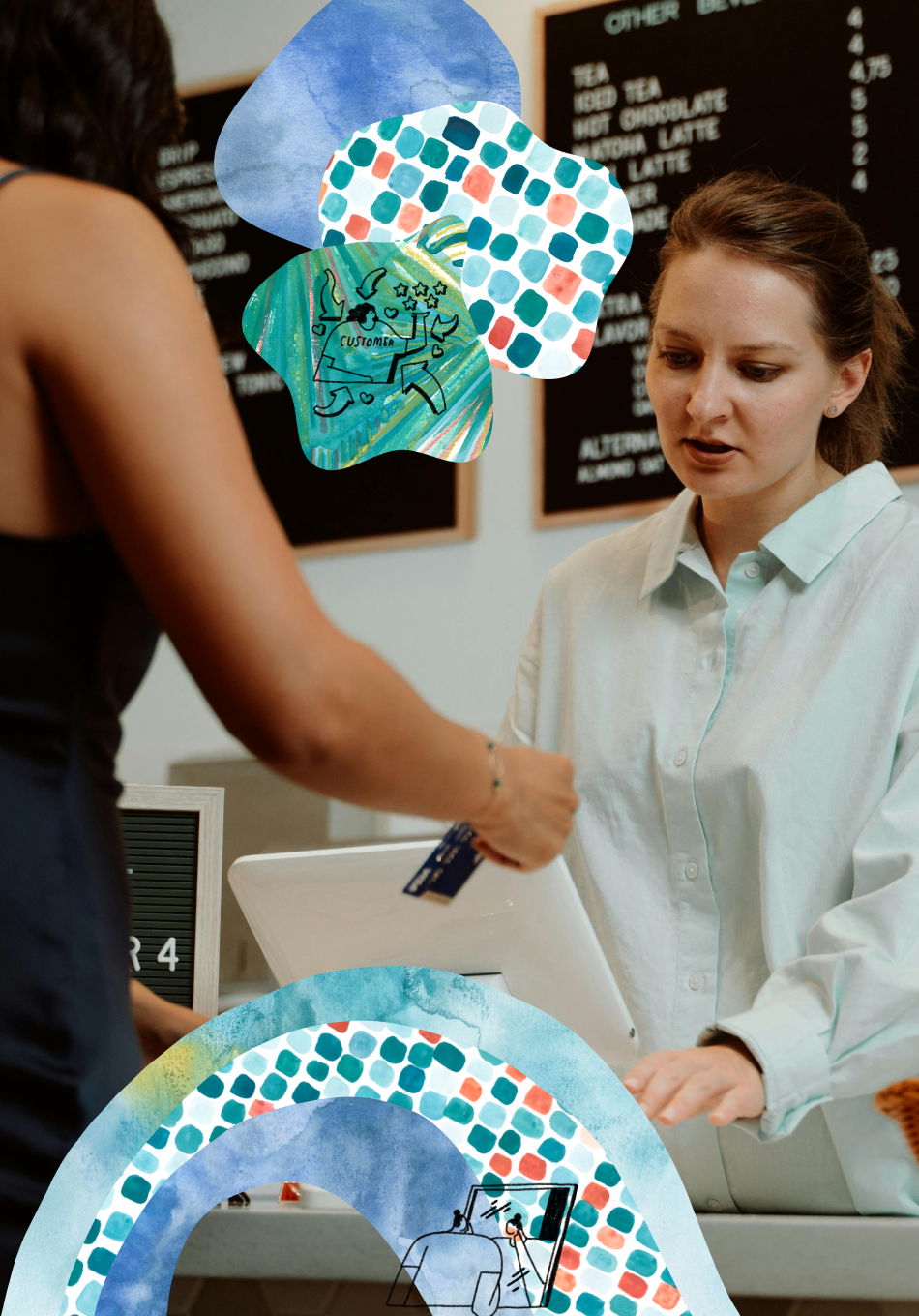Empowering others in your organization to conduct and lead research not only results in better business decisions, but also has the power to create a more inclusive environment.
But every company size and need is different, so how do you figure out the approach that is right for you?
In our final session, learn how to identify democratization needs, create playbooks and models that enable your team, and scale your efforts in a sustainable way.
✏️ Editor’s Note: All Q&A responses have been edited for length and clarity.
🎥 Watch the panel recording
📌 About the keynote speaker: Kate Kalcevich
Kate Kalcevich is the Head of Accessibility Innovation at Fable, a leading accessibility platform powered by people with disabilities. Kate is an experienced accessibility leader and disability advocate with an extensive career. She most recently led digital accessibility efforts at Canada Post.
Previously, Kalcevich held a series of progressively senior roles in the Ontario public service, including in product, user experience, and design roles. Kate herself has a hearing disability and is currently focused on delivering custom accessibility training to help teams upskill on accessibility.
💬 Q&A
Would you consider democratizing the same as evangelizing? If not, how do they differ?
In my mind, democratizing is about enabling others to do the work and evangelizing is more about raising awareness and generating interest in a topic. I consider democratizing to be process, documentation, and training-oriented, while evangelizing is more communications and marketing-oriented.
How would you define the difference between democratizing UXR and scaling UXR through Research Ops?
I think democratizing UX research is about enabling people who aren’t researchers - product designers, engineers, QA testers, product managers, stakeholders, etc. to do research.
Research Ops is the tooling and process to enable more efficient research cycles for researchers. Research Ops often has a heavy focus on recruitment and tools to document insights or platforms to run unmoderated research. Democratization could leverage Research Ops, but they both achieve different goals.
User Interviews defines the difference as “Research Ops refers to the orchestration and optimization of people, processes, and craft in order to amplify the value and impact of research at scale.”
How do you see product managers fitting into the landscape of democratized research?
Product managers will need to support their teams by prioritizing research at the right stages of product development. They can also participate in research to learn directly from users.
Do you have a standard set of tools for conducting research that everyone has access to?
I shared some resources that can be used to train non-researchers on research at the end of my presentation. In addition to those, Fable Engage is set up to enable anyone on a digital team to do accessibility research. We provide onboarding and resources to help get folks up to speed.
If all this training is happening, why not just have interns and entry-level researchers do this work?
You could do that, but you’ll always need senior researchers to guide the work, maintain the documentation, tweak the process and provide training. You also won’t get the benefits of folks engaging directly with research participants. It’s a completely different experience for an engineer to receive a research report versus sitting in on a usability test and seeing a user struggle with a product feature and be able to probe and ask questions.
Do you have any concerns that democratization might influence an organization to reduce their UXR team?
Regardless of democratization or not, I think teams in general have to be aware of how they communicate the value that they bring. I used to create quarterly accessibility reports for leadership to share an overview of progress being made. I think when organizations don’t know what a team contributes, there’s always risk. You’ll see this in the form of unrealistic expectations on timelines and volume because there’s not a senior champion who is raising awareness and advocating for the team. I see it more as an opportunity to elevate the team, not reduce it.



















